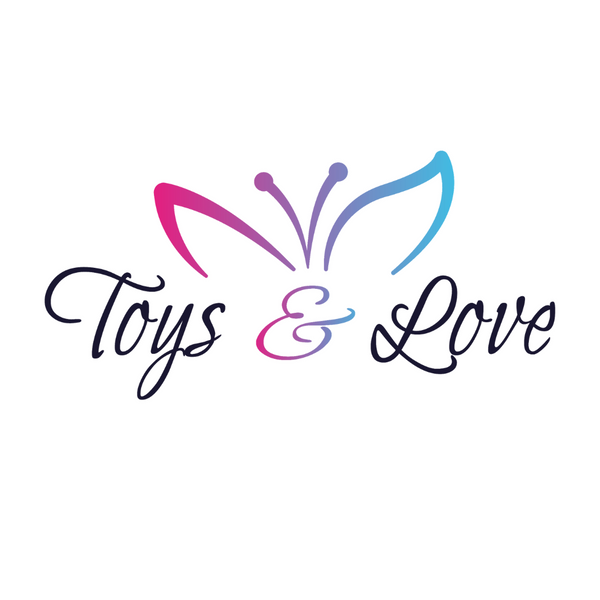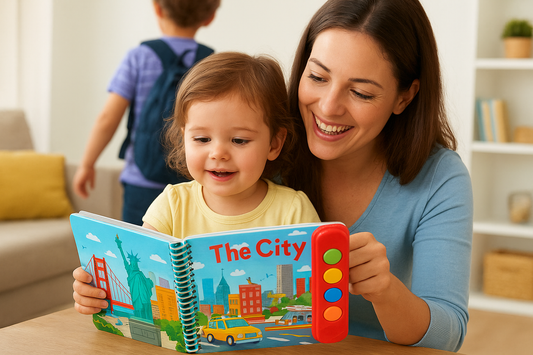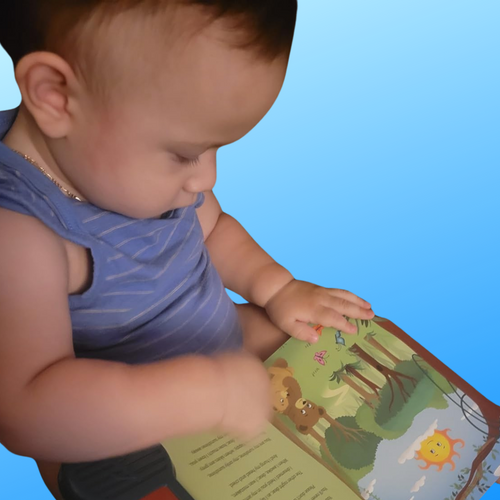Babies are born with a natural curiosity, and as parents, we often find ourselves wondering when is the right time to introduce books to our little ones. While it may seem like an impossible task to engage an infant with a book, the truth is that the journey of cultivating a love for reading starts from the very beginning of their lives.
From the Very Beginning
It's never too early to start reading to your baby. In fact, it's recommended to begin reading to your baby while they are still in the womb. The soothing sound of your voice can be comforting to the baby, and it's a wonderful way for them to start recognizing the cadence and rhythm of spoken language. This early exposure to language can lay the foundation for language development. And if you speak two or more languages, even better!
Newborns and Infants: Building a Bond
During the first few months of a baby's life, their vision is still developing, and they may not fully grasp the concept of a book. However, this is the perfect time to establish a reading routine. Hold your baby close, choose simple, high-contrast board books with bold patterns or black-and-white images, and read to them in a soothing, rhythmic voice. This bonding time helps create a positive association with books and reading.
Sensory Exploration
Around 3-6 months, babies start to explore the world through their senses. Soft, textured books or those with flaps and mirrors can captivate their attention. Let them touch and explore the pages while you talk about the pictures. This sensory experience enhances their cognitive development and fine motor skills.
Introducing Sound Board Books
As babies grow into toddlers, around 6-12 months, they become increasingly attuned to sounds and their environment. This is a great time to introduce sound board books—books that include buttons or interactive features that play sounds when pressed. These books offer an additional layer of sensory engagement by combining visual stimuli with auditory experiences. Toddlers are naturally drawn to cause-and-effect activities, and pressing a button to hear animal sounds, music, or phrases can be both entertaining and educational.
The Importance of Sound Board Books for Toddlers
Sound board books help toddlers develop sound recognition and language skills. Hearing animal noises, vehicle sounds, or musical notes while associating them with corresponding images helps deepen their understanding of the world. These books also support listening skills and focus, as toddlers learn to anticipate and connect sounds with the pictures or words they see.
Moreover, sound board books cater to multi-sensory learning, enhancing the overall reading experience. The tactile sensation of pressing buttons, combined with auditory feedback, strengthens fine motor skills and hand-eye coordination. They also provide moments for social interaction, as parents and caregivers can encourage children to mimic sounds or engage in conversation about what they hear.
Toddlerhood: A World of Exploration
As your baby grows into a toddler, their attention span increases, and they become more curious about the world around them. This is when you can introduce picture books with colorful illustrations, sound board books with fun audio, and simple narratives. Engage them in conversations about the story, characters, and events in the book. Encourage them to ask questions, express their thoughts, and interact with the sounds in the book, further developing their cognitive and language skills.
Creating a Reading Routine
Consistency is key when it comes to introducing books to babies and toddlers. Make reading a part of your daily routine, whether it's before bedtime or during playtime. By doing so, you not only provide your child with the opportunity to explore new worlds through books but also create a sense of comfort and security associated with reading.
Choosing Age-Appropriate Books
Selecting age-appropriate books is crucial. Pay attention to the developmental stage of your child and choose books that align with their abilities and interests. In the toddler years, this can include sound board books, as they offer dynamic, engaging content that encourages independent exploration. Don't be discouraged if your baby initially treats books as toys; with time and patience, they will come to understand the joy of reading.





